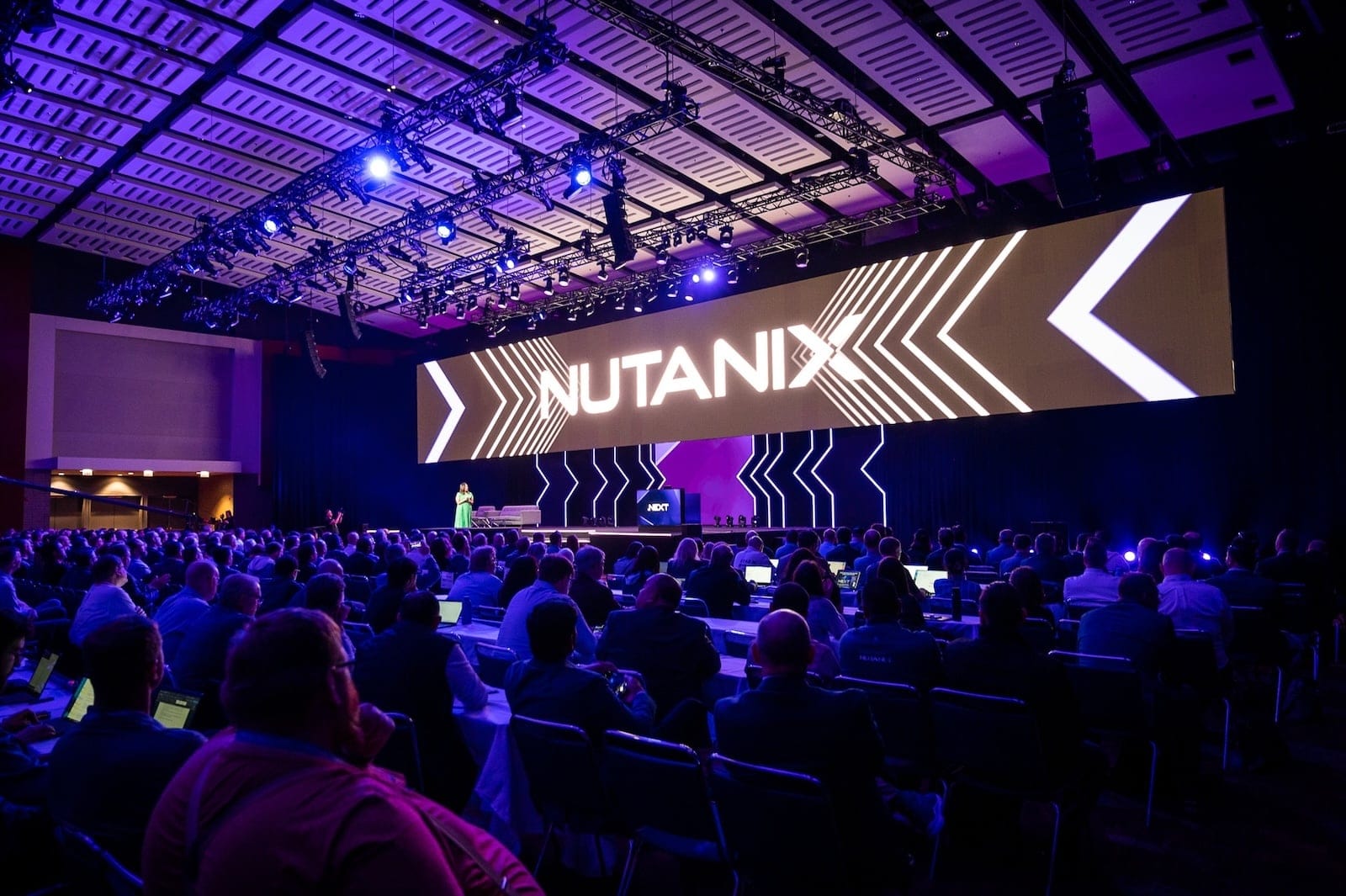Sure! Here’s the translation to American English:
A new report from Nutanix, a leader in multicloud hybrid computing, reveals how the rapid adoption of generative artificial intelligence (GenAI) is transforming corporate priorities. The study, based on the seventh edition of the Enterprise Cloud Index (ECI), highlights that security, privacy, and infrastructure modernization are the most pressing challenges in implementing this emerging technology.
GenAI: Between Innovation and Implementation Challenges
The report from Nutanix emphasizes that the adoption of GenAI is advancing at an accelerated pace, with more than 80% of companies already implementing strategies based on this technology. However, the transition from development to production remains a challenge, as 98% of respondents face difficulties in scaling generative AI workloads within their technological infrastructure.
Among the main challenges mentioned by companies are:
- Security and Privacy: 95% of respondents acknowledge that GenAI is changing organizational priorities regarding data security. Nonetheless, the same percentage believes that their company could still improve the protection of GenAI models and applications.
- Infrastructure Modernization: integrating AI with traditional infrastructures is the primary obstacle to scaling these solutions. As a result, the IT area is the main investment priority to support GenAI’s expansion.
- Rising Costs: 90% of respondents expect an increase in their IT spending due to the implementation of GenAI, although 70% anticipate a return on investment within the next two to three years.
Application Containerization: A Growing Standard
The Nutanix report also highlights that creating application containers has become the infrastructure standard for most organizations. Currently, nearly 90% of companies use containers for at least some of their applications. This approach allows for greater efficiency and scalability, facilitating the deployment of GenAI solutions in hybrid and multicloud environments.
In this regard, 94% of respondents believe that their organization has benefited from the adoption of cloud-native applications and containers, confirming the growing preference for this methodology in technological modernization.
The Impact of GenAI on the Workforce
The study also highlights the impact of GenAI on human talent within organizations:
- 52% of respondents believe their company will need to invest in training for IT teams to handle these technologies.
- 48% find it necessary to hire new talent specialized in AI.
- 53% see GenAI as an opportunity to become experts in artificial intelligence, signaling a trend toward specialization and internal training.
The Future of GenAI in Digital Transformation
The Enterprise Cloud Index 2025 reflects that generative artificial intelligence is not only redefining how organizations operate but also driving the need for more flexible, secure, and scalable infrastructures.
According to Lee Caswell, Senior Vice President of Product and Solutions Marketing at Nutanix, the success of GenAI implementation will depend on a holistic approach to technological modernization:
“Companies are at a turning point with GenAI. To unlock its true potential and achieve a return on investment, it is essential that they adopt a comprehensive approach to modernizing applications and infrastructure, including containers.”
The report, based on a survey conducted by the consulting firm Vanson Bourne with 1,500 IT and DevOps leaders worldwide, provides a detailed view of the state of enterprise cloud and the evolution of GenAI adoption across various sectors.
For more details on the full report, Nutanix has made the Enterprise Cloud Index 2025 available on its official website.

